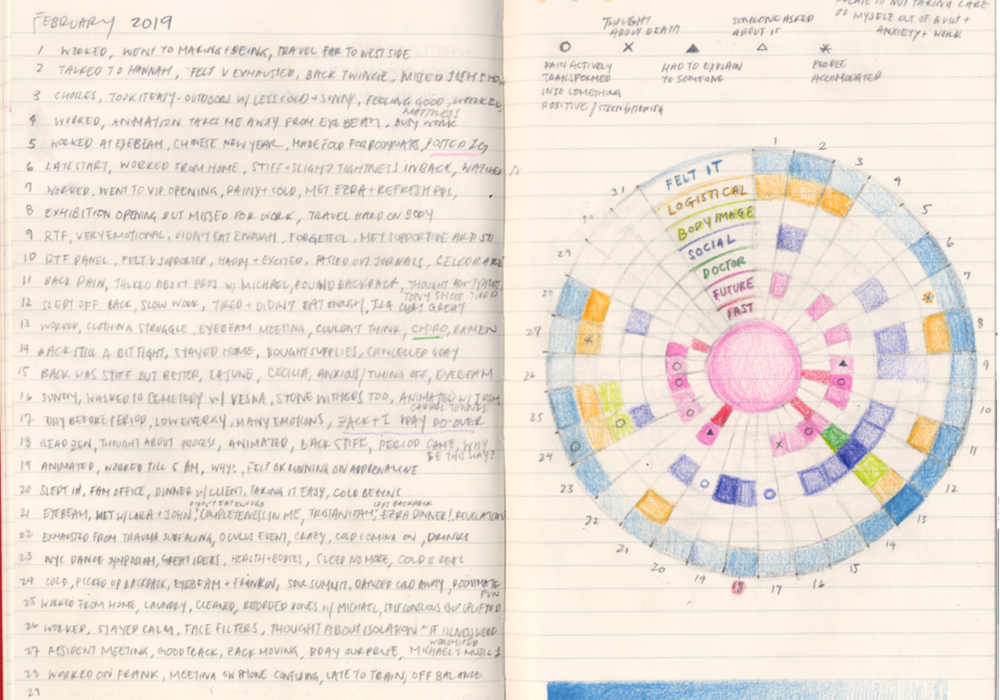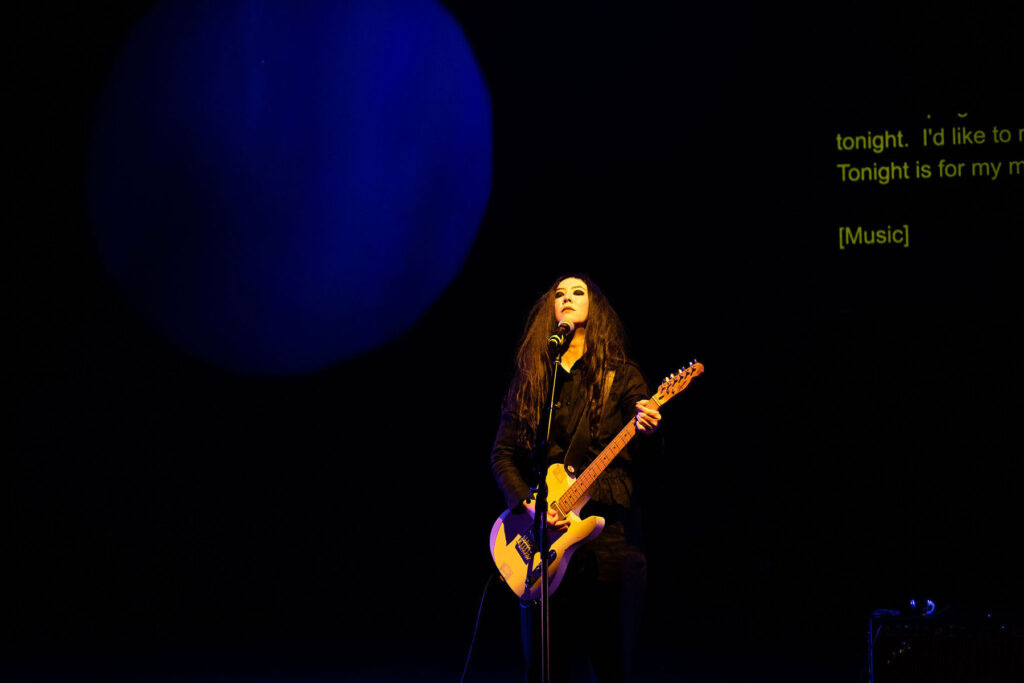
Overheard (Suspension of Belief Sketch 4)
Resonance Radio Orchestra
There are core ways in which our listening to the radio differs from other kinds of listening. What happens when we pay attention to how we pay attention?
Arika have been creating events since 2001. The Archive is space to share the documentation of our work, over 600 events from the past 20 years. Browse the archive by event, artists and collections, explore using theme pairs, or use the index for a comprehensive overview.

There are core ways in which our listening to the radio differs from other kinds of listening. What happens when we pay attention to how we pay attention?

In true reality television style, this in-depth artist talk will tackle all the hardest-hitting questions and juiciest details about care, creative collaboration, and disability justice.
Arrive, get settled, be hosted and meet-up in IRL and URL.

Formed as a means to realise William Bennett’s goal of “a sound that could bludgeon an audience into submission”
Tiny fragments of sound recombined and woven into spare and precise, violent yet beautiful pieces

How do people both inside and outside of prison work together to dismantle the criminal justice system and build a society based on collective care?

The films in the programme take the essential and fundamental building blocks of cinema (combining sound and image through time) screw about with them, interrogate them and cast them anew.

Complexly interacting colossal drones by the creator of some of the most legendary yet least heard music of the 70’s.

Coming to us from Taipei, Yo-Yo sends us elsewhere while bringing us back with her to the timezone of tomorrow. A dancer, media artist, and choreographer who makes multi-dimensions and realms, Lin’s amplification of energies and connections across bodies devolves the separations we are taught to abide.

In this workshop we will imagine ourselves as time travellers from a glorious and chaotic neurodivergent-led future.

Guitar and voice. Keening, droning and mourning. Be ready to release and bring your dis-ease.

Munehiro Narita’s Kyoaku No Intention (Worst Intentions) fired out some of the most compelling no-wave improvised rock of the 80s.